Congratulations to UC’s Hong Cheng, Craig Person and Michelle McKinney on their selection to participate in Library Leadership Ohio 2018!
~~~~~~~~~~~~~~~~~~~~~~~~~~~~~~~~~~~~~~~~~~~
The State Library of Ohio and OhioNET are pleased to announce the cohort of developing leaders selected to participate in Library Leadership Ohio 2018. Participants were carefully chosen based on their outstanding leadership potential; excellent communication skills; successful library employment experience; initiative, commitment and reasonable risk taking; forward-thinking approach to problem solving; and commitment to the profession.
“Library Leadership Ohio has long been recognized as Ohio’s premier institute for helping future leaders identify and develop their skills. It is gratifying to look around the state and see LLO graduates in key leadership positions throughout Ohio’s library community,” expressed State Librarian Beverly Cain. “I look forward to meeting the 2018 Library Leadership Ohio class and working with them to lead Ohio’s libraries to even greater levels of achievement.”
“OhioNET is pleased to partner again with the State Library of Ohio to facilitate development of the next generation of library leaders in Ohio. We have been working since last fall to make sure that LLO 2018 gives the greatest opportunities for invited attendees to learn from—and with—each other, and to further develop strong ties across library types,” said OhioNET Executive Director/CEO Michael P. Butler. “Library Leadership Ohio is a tremendous example of what collaboration can do for the benefit of the entire Ohio library community, and I am grateful to all who have helped to make LLO 2018 a reality.” Continue reading


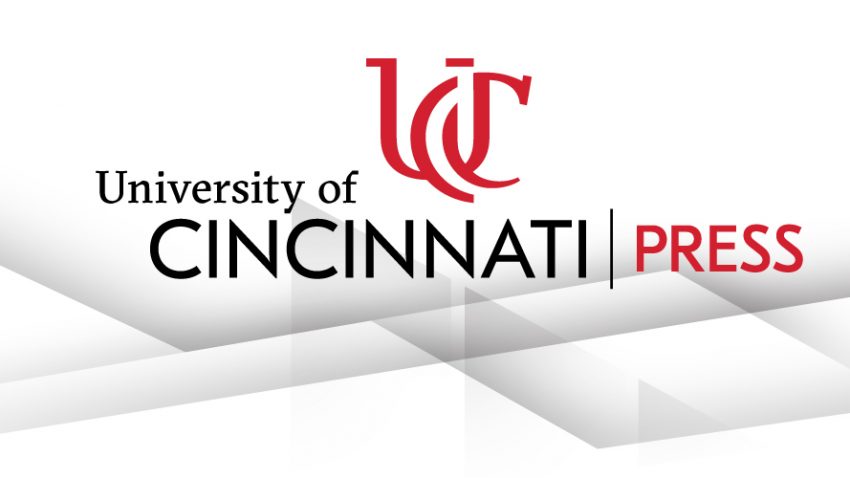
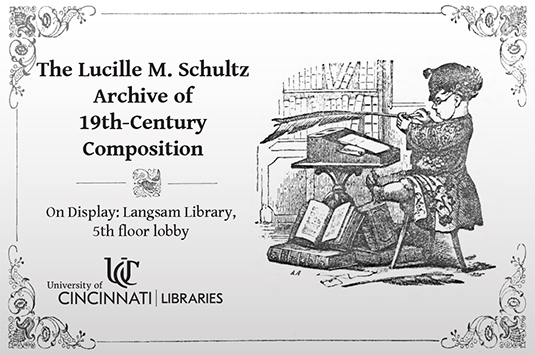 On display on the 5th floor lobby of the Walter C. Langsam Library, the exhibit – The Lucille M. Schultz Archive of 19th-Century Composition – celebrates the recent donation to the university by professor emeritus Lucille M. Schultz of an archive of 19th-century textbooks collected while she researched her award-winning book The Young Composers. To write her book, which analyzes writing curriculum for children and demonstrates its continued relevance today, Lucy visited dozens of archives where she was fascinated by the lively illustrations and unusual writing prompts in the old textbooks. The exhibit features some of these writing prompts along with illustrations from the texts.
On display on the 5th floor lobby of the Walter C. Langsam Library, the exhibit – The Lucille M. Schultz Archive of 19th-Century Composition – celebrates the recent donation to the university by professor emeritus Lucille M. Schultz of an archive of 19th-century textbooks collected while she researched her award-winning book The Young Composers. To write her book, which analyzes writing curriculum for children and demonstrates its continued relevance today, Lucy visited dozens of archives where she was fascinated by the lively illustrations and unusual writing prompts in the old textbooks. The exhibit features some of these writing prompts along with illustrations from the texts.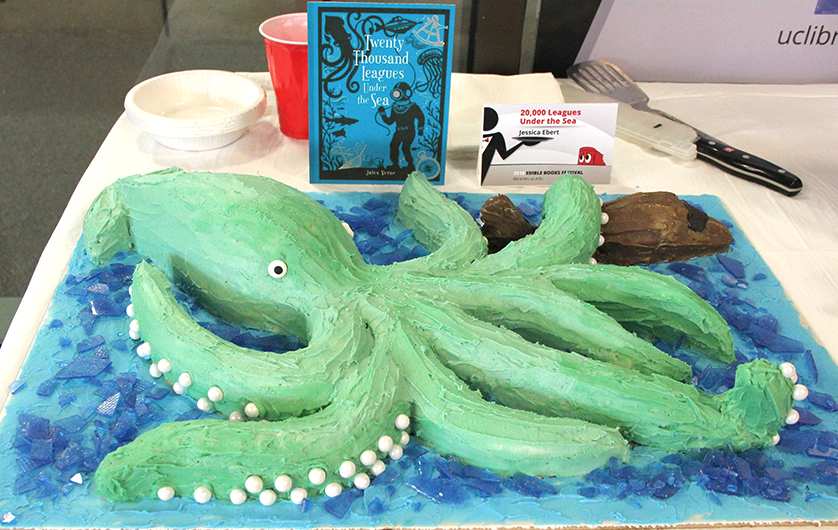
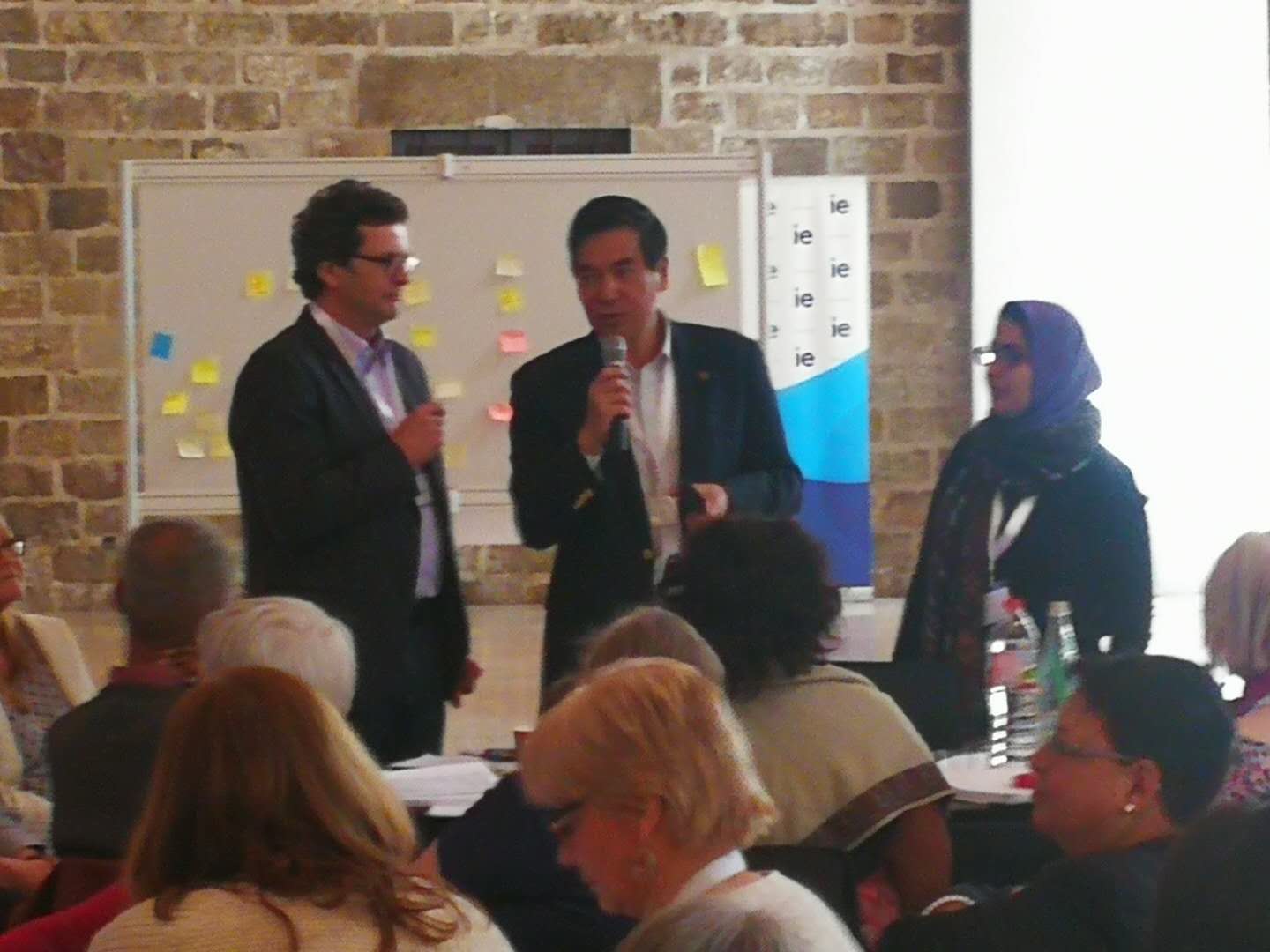
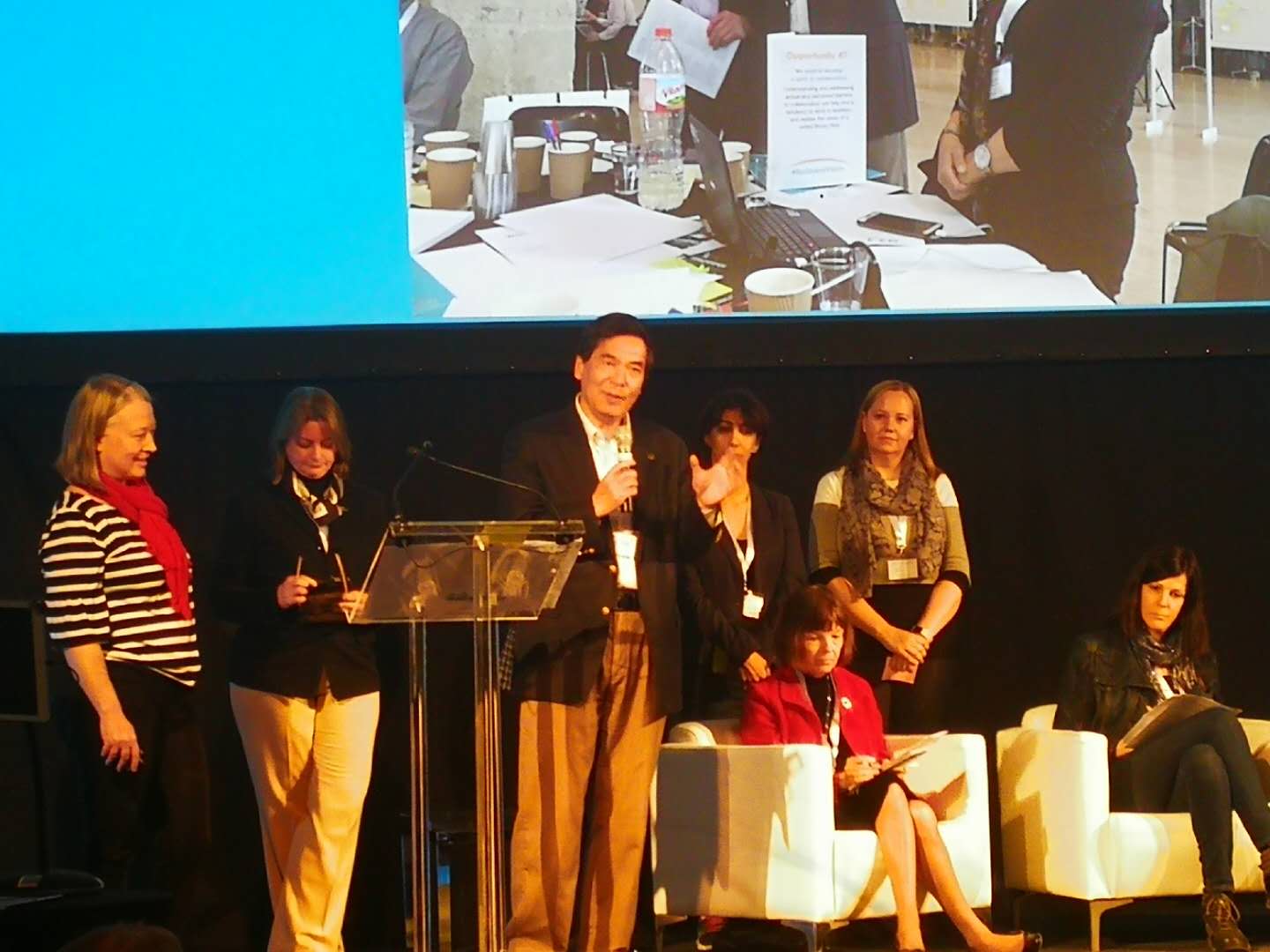
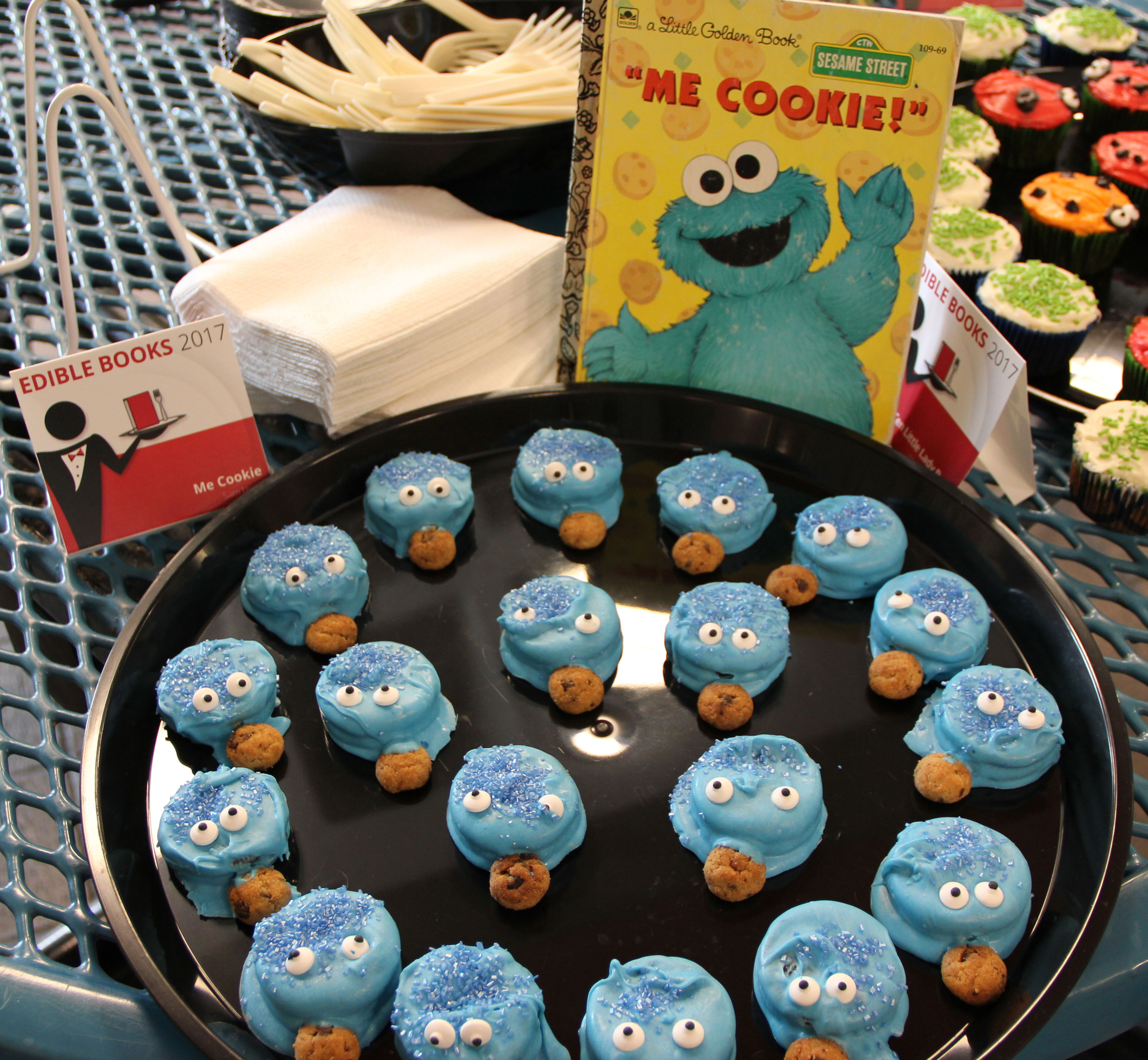
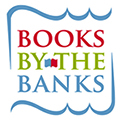 The Libraries International Edible Books Festival is free and open to the public. It is sponsored in part by
The Libraries International Edible Books Festival is free and open to the public. It is sponsored in part by 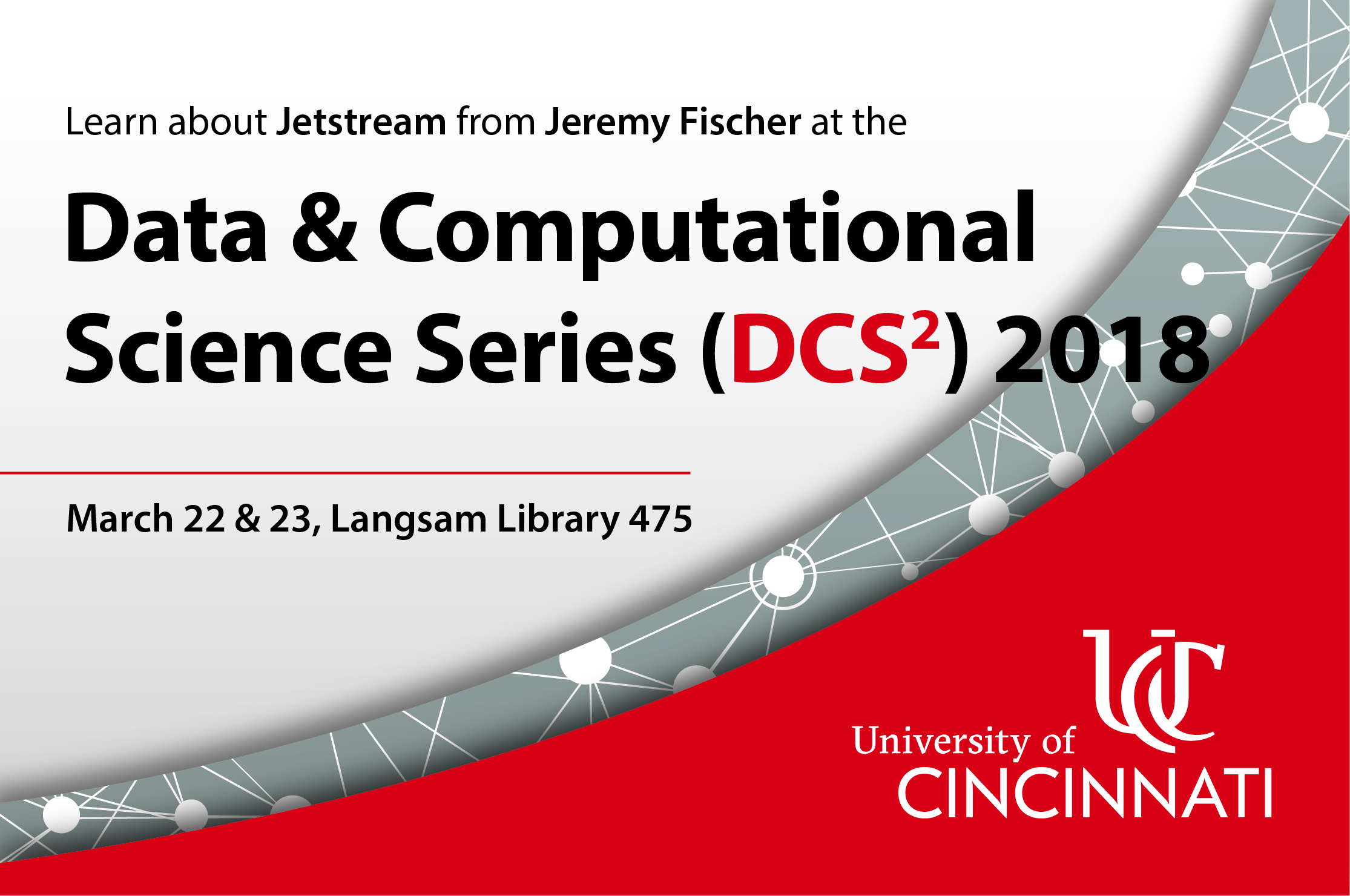 The University of Cincinnati Libraries and IT@UC Research & Development and are pleased to announce the Data & Computational Science Series (DCS2) 2018, a speaker series supported by a Universal Provider award from UC’s Office of the Provost for faculty development.
The University of Cincinnati Libraries and IT@UC Research & Development and are pleased to announce the Data & Computational Science Series (DCS2) 2018, a speaker series supported by a Universal Provider award from UC’s Office of the Provost for faculty development.